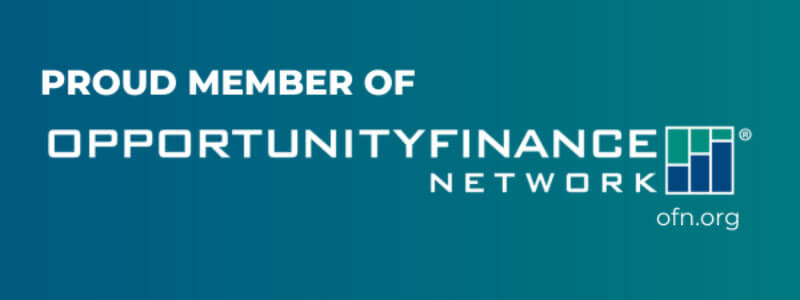Workforce Development is identified as one of the top priorities for community-based organizations. People view this line of work as a direct support to help clients attain new job prospects. At Dorchester Bay Economic Development Corporation, many clients visit us whenever they are out of work, need a career change, or are simply searching for an opportunity to make more money.
While our work could be classified as solely “Workforce Development” – serving as collaborators helping clients find jobs that hopefully lead to higher economic mobility, we also encounter individuals who are in vulnerable situations. These individuals may need something more than just a job.
Last week, one of our case managers was working with a client who was referred to us by a community partner that specializes in mental health. This client initially asked us to help him find a job. However, during our intake meeting, this client revealed to us that he was recently diagnosed with Alzheimer’s. Our case manager immediately called this client’s social worker. We believe that what this client actually needs is disability services – not a job.
In another case, our team visited a detox center to market our workforce development program. During our visit, a young woman revealed to our team that she was at risk of being deported because she had to leave her abusive husband who helped her come to America. Upon learning this news, our team immediately called one of our partner organizations that have attorneys on staff and connected them with this client. The agency agreed to help her with her immigration status. Legal services were something that she needed at that moment.
Our Workforce Development often serves as the front-line support for people in the most desperate situations. People come to us looking for a job, because their varied circumstances make them unable to make ends meet. But sometimes we meet clients that need resources beyond a job.
While our team at Dorchester Bay may not have all the answers our clients are looking for, we are dedicated to connecting them with whatever resources they need. We believe that treating clients holistically is the first step for stability – especially for our most vulnerable clients. Their wellbeing comes first and is the most important attribute to a successful life.

